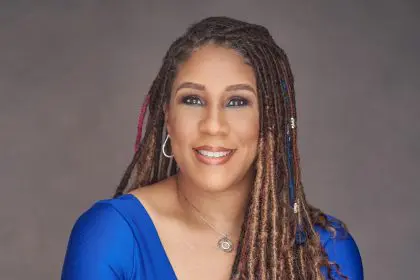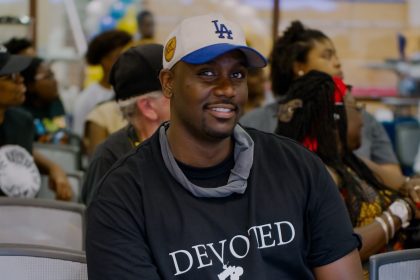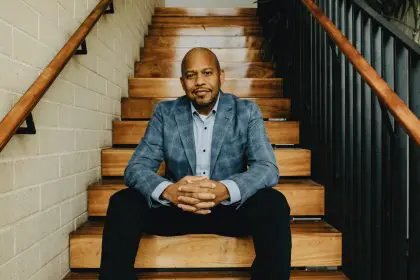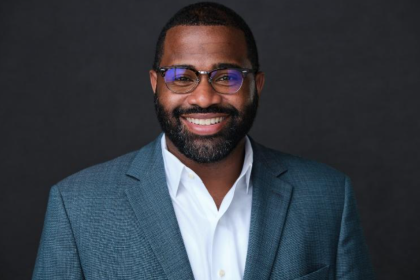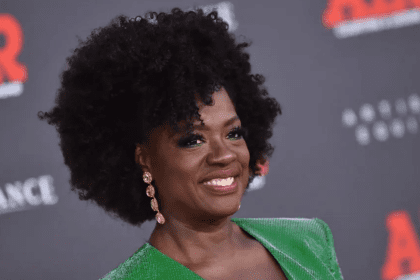In this episode of “Equity in Focus,” host Kevin E. Hooks sits down with Craig Soaries, D.M., a distinguished scholar, musician and global educator. Soaries, a man of many talents, reflects on his life journey that bridges cultures, continents, and communities. Hooks invites the audience into an insightful conversation that covers Soaries’ early beginnings, his passion for education, and his belief in the importance of global citizenship.
Soaries begins with a powerful statement: “I live outside of America, but I work in America.” This sentiment captures his deep commitment to engaging with the world beyond U.S. borders. For Soaries, being a global citizen isn’t just about physical travel — it’s about immersing oneself in the cultures, languages and experiences that define the broader human experience.
The origins of a global market
Soaries credits his upbringing for shaping his perspective on the world. Growing up in Montclair, New Jersey, in a community of upper-middle-class families, he was exposed to educational and cultural opportunities that ignited his passion for learning and exploration. His family’s deep involvement in music nurtured his artistic side, while his father, an educator and minister, instilled a hunger for knowledge.
“I’ve always believed the world is huge, and it’s out there for us to explore, enjoy, and engage with,” Soaries shares. His early travels as a teenager planted the seeds for a lifetime of global discovery. Today, Soaries sees himself not as limited to one nation but as a citizen of the world, at home in every corner of the globe, from Africa to Asia.
The intersection of education and culture
The heart of Soaries’ work is his dedication to education and cultural studies, particularly his research on acculturation phenomena among marginalized men of African descent. Hooks highlights Soaries’ unique ability to balance the academic world with real-life engagement, especially through his current role as associate professor and director of the Honors College at Stillman College.
Soaries explains his fascination with the way marginalized communities navigate different societal spaces. “Black males have this innate ability to alternate between mainstream society and street language,” he explains, referring to the concept of code-switching, or what he calls “alternation.” This ability, Soaries believes, is a reflection of larger global patterns where marginalized groups function seamlessly in multiple societal contexts.
The importance of global citizenship
Toward the end of the interview, Hooks probes deeper into Soaries’ concept of global citizenship. Soaries urges young people, especially those from marginalized communities, to think beyond the borders of the United States. “Set your sights on being a global citizen,” he advises. “America is not big enough to claim me.”
For Soaries, navigating different languages, cultures, and systems is the key to success. He stresses the importance of emotional intelligence, particularly in an increasingly interconnected world. “If you respond to everything emotionally, you’ll never succeed,” he says, quoting Warren Buffett. Soaries encourages the audience to think globally, remain composed, and invest in their personal and professional growth.
A legacy of impact
As the conversation winds down, Hooks highlights Soaries’ many roles: concert pianist, global consultant, academician, and public intellectual. Soaries’ life is a testament to the power of embracing multiple identities and learning to thrive in diverse spaces. His passion for uplifting marginalized voices and fostering interactive learning has made a lasting impact on communities worldwide.
In this conversation, Soaries exemplifies what it means to be a global citizen — someone who navigates the complexities of culture, language, and identity with grace and purpose. His life’s work is a reminder that equity, education and global engagement are not just ideals to aspire to, but essential tools for creating a more just and inclusive world.
AI assisted in summarizing this episode of Equity in Focus.

